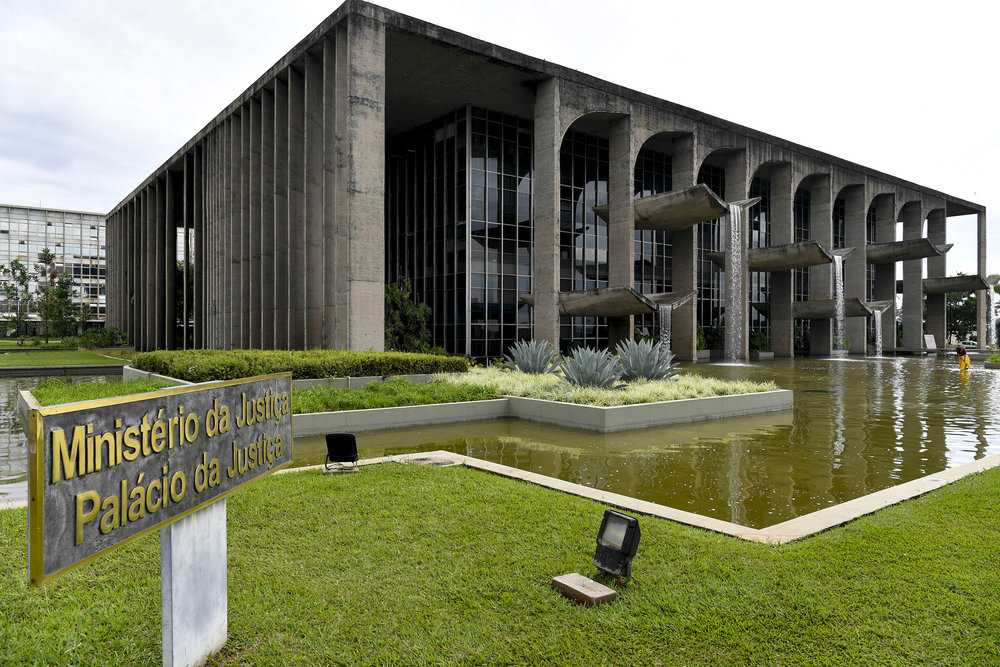RIO DE JANEIRO, BRAZIL – The Ministry of Justice and Public Safety published yesterday, October 14th, in the Federal Gazette, a new ordinance changing the rules for deportation and repatriation of foreigners considered dangerous.

The new Ordinance No. 770 also applies to people who have practiced acts contrary to “the principles and objectives set forth in the Federal Constitution”, and renders Ordinance No. 666 of July 2019 null and void.
According to the Ministry, the new rules on preventing access to Brazil, repatriation, and deportation guarantee the principles of ample defense and legal security. Among the main changes in respect to the previous ordinance is the extension of the deadline for people compelled to leave the country to appeal the administrative decision. Under Ordinance No. 666, this period was 48 hours, i.e., two days from the date of notification. Ordinance No. 770 guarantees five days for the individual to defend themselves.
The legal authorization for Brazilian officials to access information from national or foreign intelligence bodies is upheld, but the new ordinance guarantees that these data will not be used to restrict the entry or stay of people coming from countries whose governments pursue their citizens.
The competent officials are required to disclose the reasons for the deportation proceedings. And it reiterates that no one will be prevented from entering the country, repatriated or deported summarily, due to race, religion, nationality, membership of a particular social group or political opinion. These safeguards are also valid for people who have been persecuted in their country for having committed a purely political crime or for having expressed a political opinion.
Those who have committed an act contrary to the Brazilian Constitution; suspected of being involved in terrorism; organized criminal groups, armed criminal association or having weapons at their disposal; drug trafficking, people trafficking or firearms trafficking; pornography or sexual exploitation of children and teenagers and soccer fans with a history of violence in stadiums are deemed dangerous individuals.
Source: Agência Brasil

